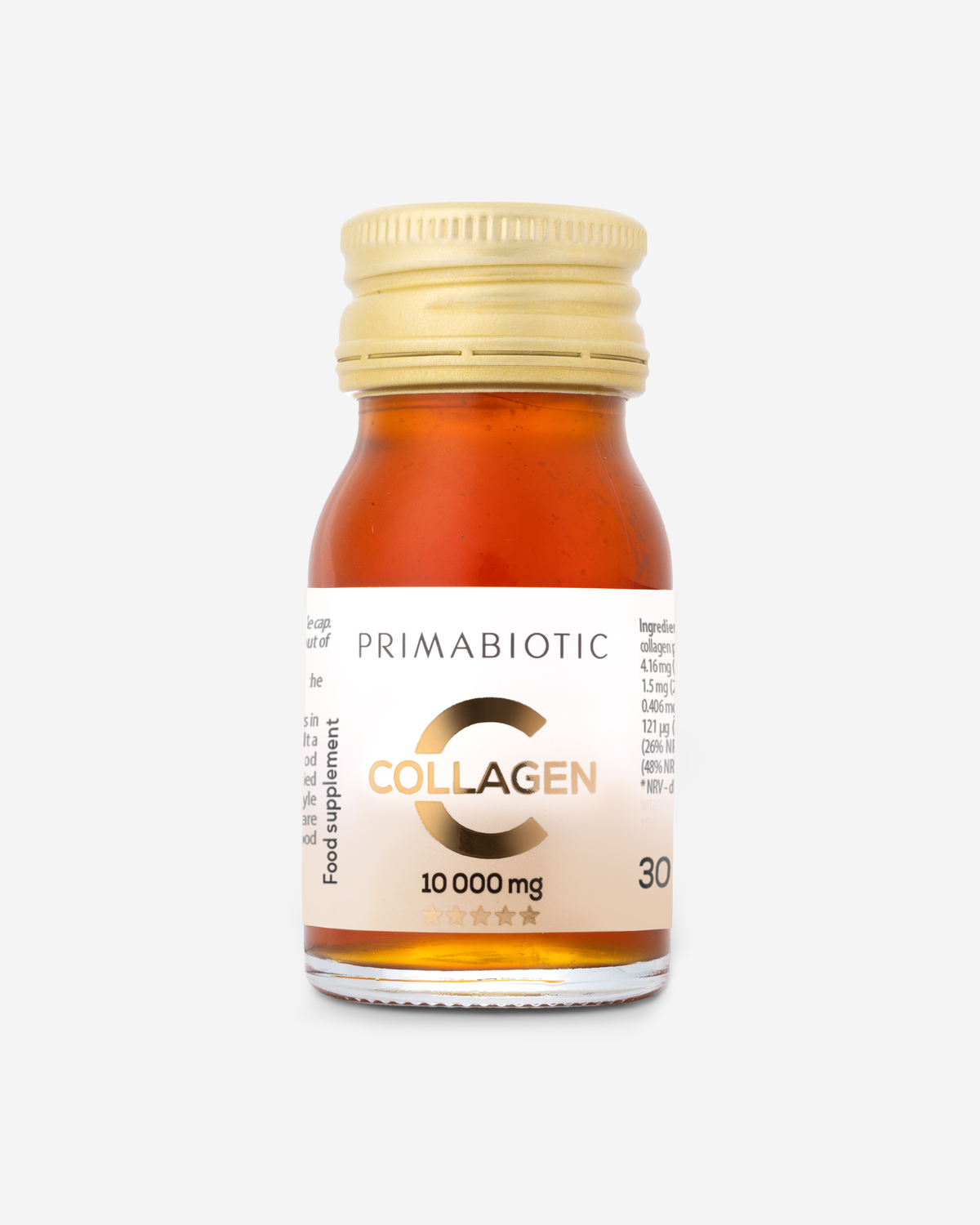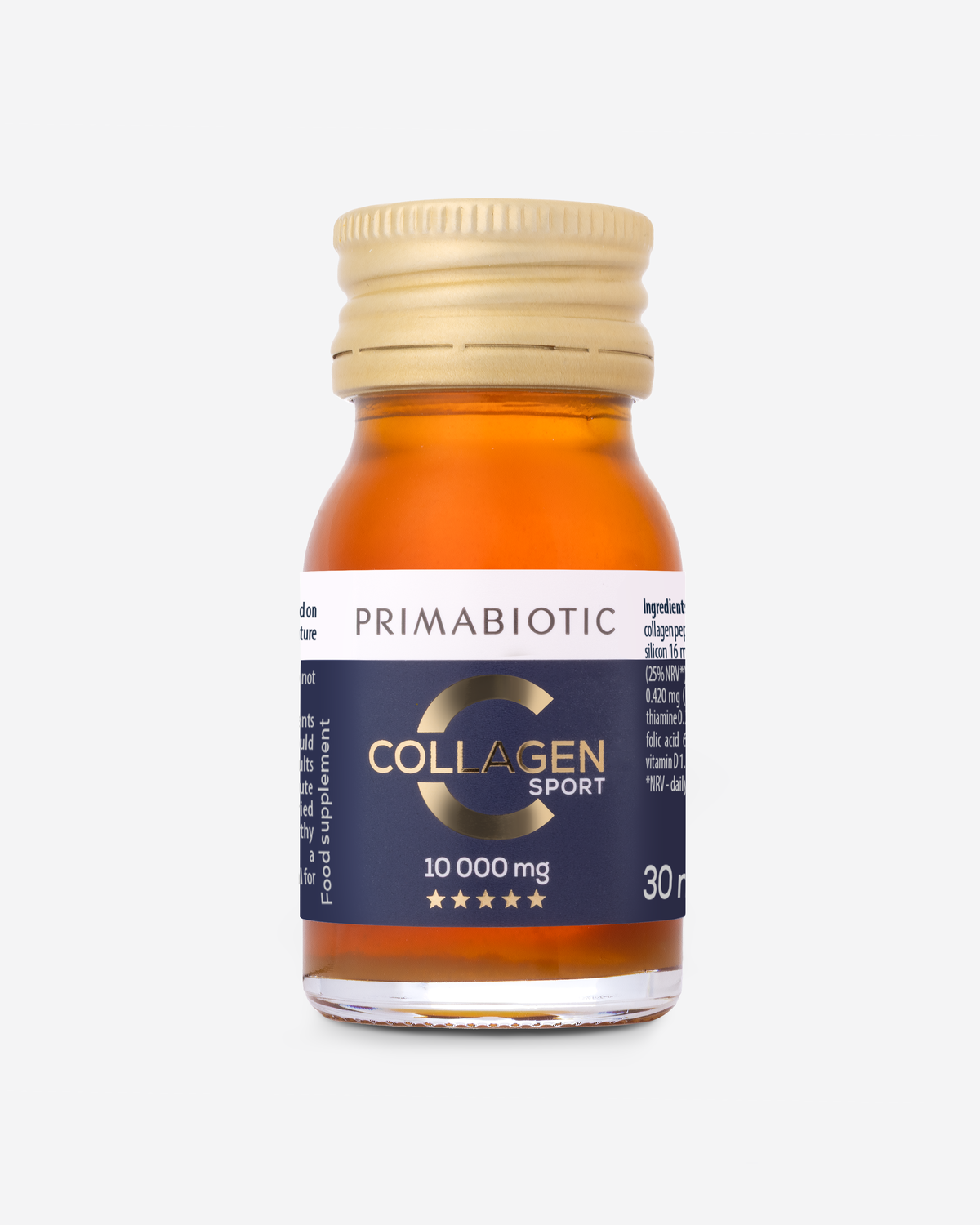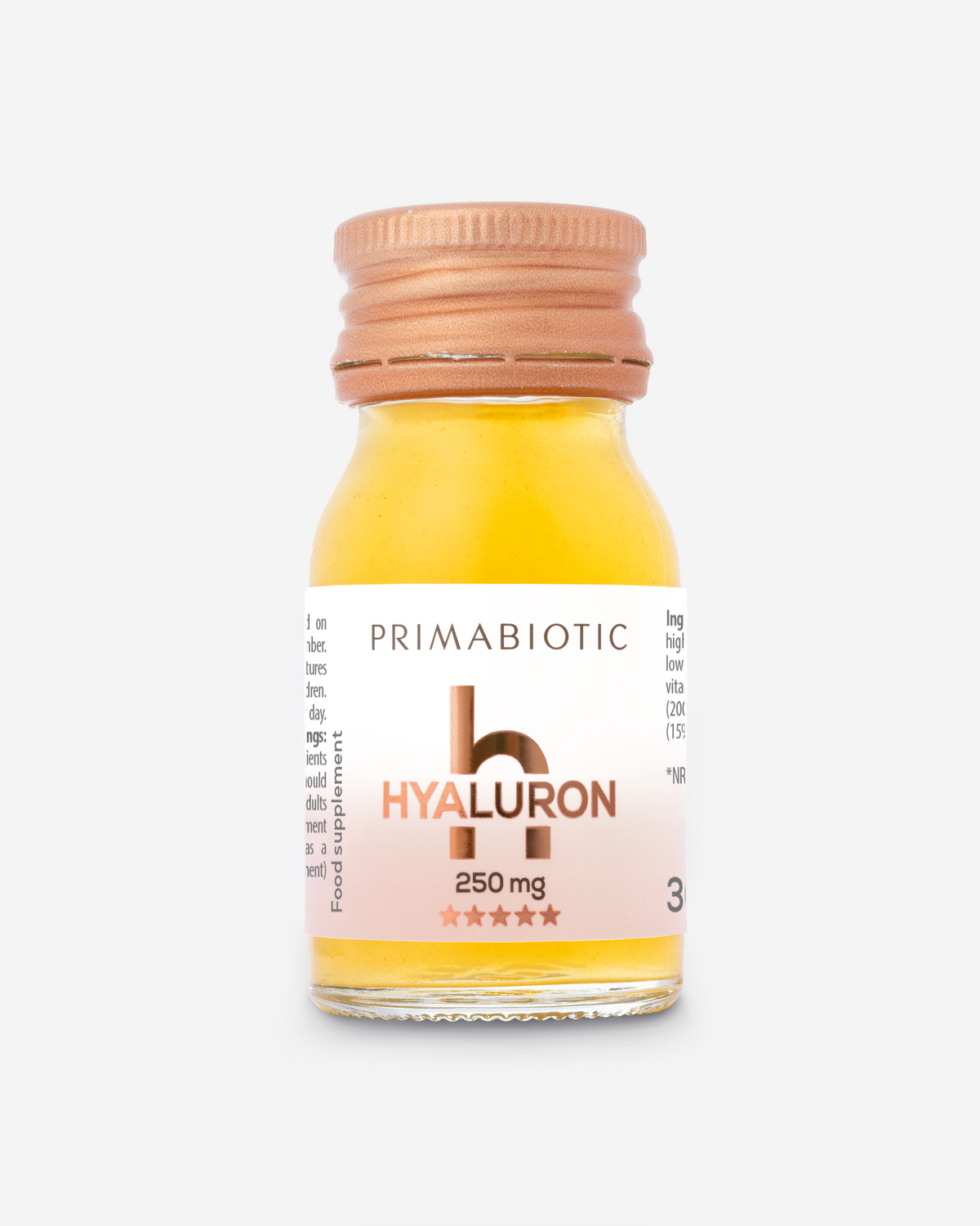A properly balanced diet should provide all the essential vitamins and minerals our bodies need. However, our eating habits increasingly deviate from recommended nutritional guidelines. That’s when we often turn to dietary supplements. But what are dietary supplements, and do they actually work? Let’s find out.
What are Food Supplements?
Dietary supplements are defined as products that provide concentrated sources of nutrients or other substances with a physiological effect.
According to the Polish Act on Food and Nutrition Safety of 25 August 2006, a dietary supplement is a:
"foodstuff the purpose of which is to supplement the normal diet, being a concentrated source of vitamins or minerals or other substances with a nutritional or physiological effect, alone or in combination, marketed in dose form, such as capsules, tablets, lozenges and similar forms, sachets of powder, ampoules of liquid, dropper bottles, and other similar forms of liquids and powders intended to be taken in small, measured amounts, excluding products with medicinal properties as defined by pharmaceutical law."
This definition is mirrored in other health and food legislation across the EU.
Types of Supplements
Professor Mirosław Jarosz, former director of the National Food and Nutrition Institute, categorised dietary supplements based on their composition and purpose.
By Composition:
- Supplements containing vitamins and minerals
- Supplements with minerals and plant extracts
- Supplements with essential fatty acids
- Supplements with dietary fibre
- Supplements with probiotics and prebiotics
- Supplements with amino acids
By Purpose (and typical ingredients):
- Weight-loss support – fibre, green tea extract, inulin, chromium
-
Immune system support – vitamins, minerals, colostrum, polyphenols, flavonoids, probiotics, bee products
-
Joint and musculoskeletal support – MSM, chondroitin sulphate, glucosamine
-
Anti-ageing support – antioxidants, vitamins, polyphenols, minerals
-
Nervous system and energy – choline, taurine, caffeine, lecithin, ginseng, magnesium
-
Cardiovascular health – plant sterols and stanols, essential fatty acids, grape skin extracts, lecithin, ginkgo biloba, hawthorn
-
Digestive support – probiotics, prebiotics, digestive enzymes, fennel, flaxseed, peppermint
-
Eye health – carotenoids like α-carotene, β-carotene, cryptoxanthin, lycopene, lutein, zeaxanthin, bilberries
-
Hair, skin, and nails – horsetail, EPA and DHA, vitamin E, B1, B2, B3, B6
-
Sports nutrition – vitamins, minerals, amino acids, conjugated linoleic acid (CLA)
-
Osteoporosis prevention – vitamin D and calcium
Food Supplement vs. Medicine
The legal requirements for dietary supplements and medicinal products differ significantly in terms of their purpose, labelling, and marketing.
Though they may look similar in packaging, dietary supplements are not the same as medicines. They may contain the same substances, but in lower concentrations and without therapeutic claims. A product cannot be classified as both.
| Feature | Dietary Supplement | Medicine |
| Market Authorisation | Notification to health authorities (e.g., GIS) | Requires approval from the Medicines Agency (e.g., URPL) |
| Ingredients | Approved substances, low-dose physiological effect | Active ingredients in proven therapeutic doses |
| Information Provided | Packaging information only | Patient leaflet and detailed medicinal characteristics |
| Intended Use | Complements the diet, no therapeutic purpose | Prevents or treats medical conditions |
What Is a Dietary Supplement – What Information Must It Include?
The labelling, presentation, and advertising of dietary supplements must not imply that a balanced and varied diet is insufficient to provide adequate nutrients.
Labels must include:
- The term "dietary supplement"
- Names/categories of active nutrients or substances
- Recommended daily portion
- Warning not to exceed the recommended daily intake
- Statement: "Food supplements should not be used as a substitute for a varied diet"
- Statement: "Keep out of reach of children"
Do Supplements Work – and Who Actually Needs Them?
Dietary supplements are used to nourish the body, improve concentration, boost vitality, enhance metabolism, improve the appearance and condition of hair, nails, and skin, as well as protect the body from the harmful effects of stress and environmental pollutants. A deficiency of certain vitamins in the body can lead to various physiological disorders, known as hypovitaminoses. Additionally, minerals and vitamins play a role in most processes occurring within our bodies.
A balanced diet should provide all the nutrients necessary for the proper functioning of the body. Dietary supplementation should only be implemented to complement the diet with nutrients or substances with other physiological effects, usually in specific cases, such as:
- In theory, a balanced diet provides everything the body needs. Supplementation is only necessary in specific situations, such as:
- For individuals consuming less than 1600 kcal per day, as such a diet may not meet the daily requirement for all essential nutrients;
- It is generally recommended for pregnant women to take folic acid, iodine, vitamin D3, docosahexaenoic acid (DHA), and in cases of deficiency, also iron, magnesium, and others (vitamins, trace elements, active substances);
- For elderly individuals whose diet is monotonous and provides less than 1500 kcal per day;
- For individuals following diets that restrict or eliminate certain food components or product groups, such as vegetarian or lactose-free diets;
- For individuals with identified nutrient deficiencies, to supplement them, for example, in patients using hypoglycaemic medications, supplementation with B vitamins may be necessary; folic acid supplementation in patients treated with methotrexate;
- For postmenopausal women with identified deficiencies in calcium and vitamin D.
Food Supplements for Weight Loss
It’s important to note: a calorie deficit is essential for weight loss. However, some supplements may support this process. Common ingredients include:
- Caffeine – boosts metabolism
-
Green tea – stimulates fat oxidation
-
Bitter orange – promotes thermogenesis
-
Chitosan – binds dietary fat, reducing absorption
- Chromium – helps regulate blood sugar levels
See also other articles:






